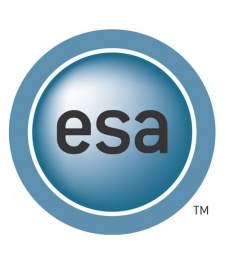US video game trade body the Entertainment Software Association has once more defended the use of loot crates in video games.
President Mike Gallagher, speaking at Nordic Game Conference - as reported by GamesIndustry.biz - told attendees that defining this business model as gambling: "Challenges our industry's freedom to innovate, and impairs our ability to continuously test new business models, which drive creativity and engagement with our audience."
He also, once again, insisted that loot boxes were not gambling.
"Most importantly, these in-game transactions are not gambling," Gallagher said.
"Video games never take money from a player and leave them with nothing. They never do. Players always receive an in-game feature that aids in customising their experience... When you look at the definitions of gambling throughout the world, and how this is done and how it's regulated in places like Las Vegas and the US, it's quite different to the mechanism with loot boxes in games.
"That conclusion has been reached - in other words, that this game mechanic is not gambling - by the Entertainment Software Ratings Board in the US, by New Zealand's gambling authority, and by the UK's gambling authority."
The business model was called into question following the launch of Star Wars: Battlefront II, though that game was not the only release at the end of 2017 to feature aggressive use of this model, but was simply the most mainstream.
Publisher EA has since insisted it will be using loot boxes still but said that its upcoming Battlefield V would not feature the model for game-changing items.
Loot boxes have been declared gambling in the Netherlands and Belgium, with publishers in the region looking to use them facing massive fines.
That the ESA would defend loot boxes from government interference while being in favour of self-regulation is no surprise - the body was set up in 1994 to implement the ESRB and stop more government interest following the Mortal Kombat controversy in the early 90s.

















